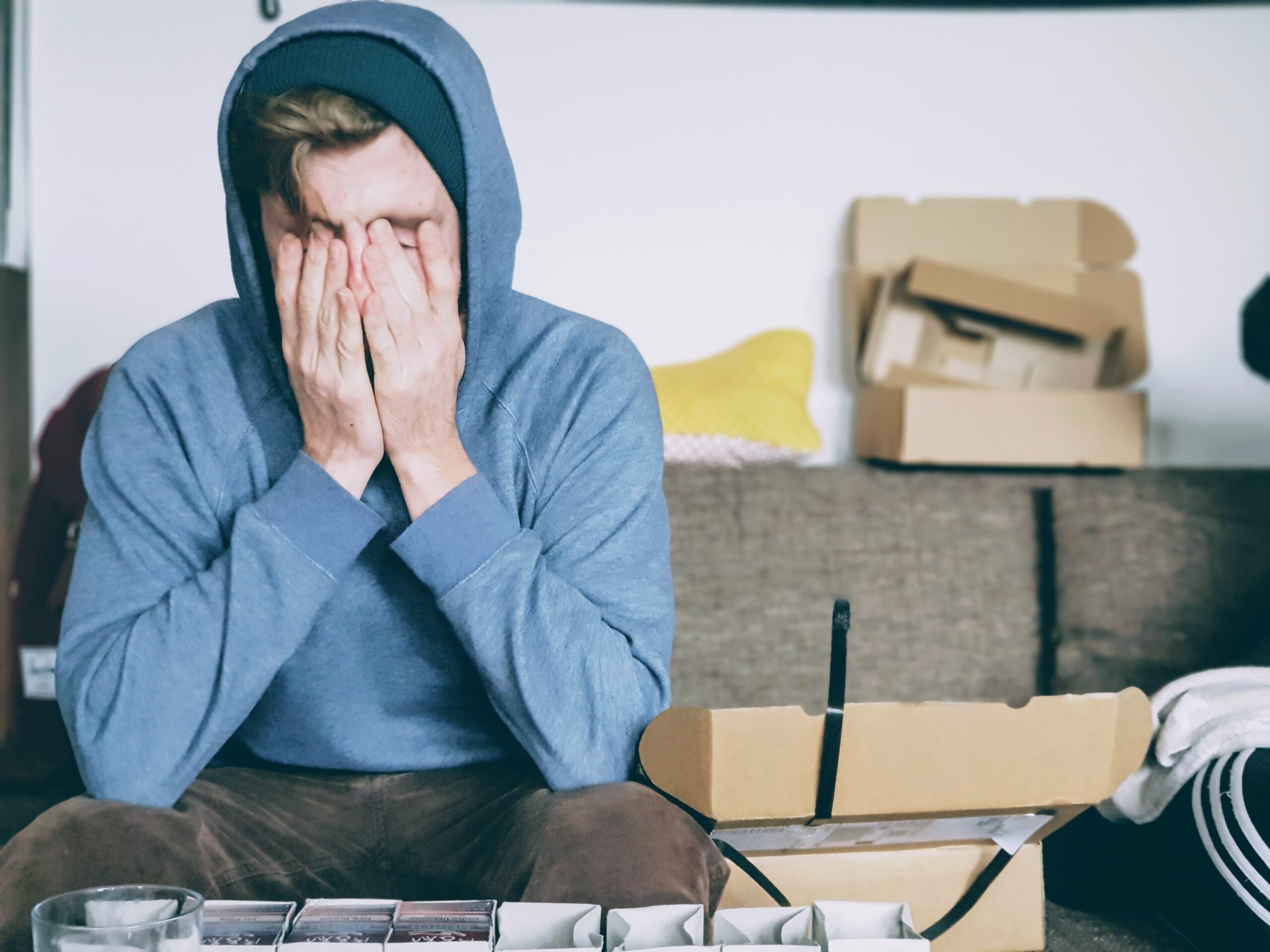 BBC News
BBC NewsBorrowing was £17.4bn last month, the second highest October figure since monthly records began in 1993.

Patrick Crowder
We’ve heard a lot about ‘burnout’ recently, but it’s more than just another word for the stress and anxiety which sometimes comes with a job. The World Health Organisation describes burnout as an “occupational phenomenon”, recognising the condition as a diagnosable syndrome since 2019. The NHS distinguishes between stress and burnout, stating that burnout is the feeling “that there is ‘not enough’ time, energy, enthusiasm, and ability” to get through day-to-day life, while stress is the feeling of there being “’too much’ – too many demands, too much to do, too many decisions to make…”
Burnout cases are on the rise following the pandemic, according to a study by Glassdoor, and many of us will have felt that sense of being mentally and emotionally drained by work and social relationships ourselves. Performance Psychologist Stuart Kelly has been researching the impact and effects of burnout with the leadership development consultancy Impact International.
“The three things that cause us the most stress are uncertainty, uncontrollability and unknowns,” Kelly explains.“Humans are highly resilient but sometimes the best thing to do is to sit down, put on Netflix, have a takeaway, turn off your phone, and take a deep breath.”
Taking time to one’s self can help relieve pressure, and it is not something that people should feel guilty about. However, according to Kelly, resorting to full-on escapism is harmful.
“We should have the ability to take a break before we really need one,” Kelly says. “Sometimes self-care is tough, but it shouldn’t be something we resort to because we are so absolutely exhausted that we need a reprieve from our own relentless internal pressure. It needs to be a habit that we do without thought and effort.”
The idea is to relieve the pressures of everyday life by living life, not by escaping from it. Empty means of escape such as drink, drugs, overeating, Netflix bingeing, and social media are all harmful in excess, regardless of the way these activities are perceived by society. The best way to avoid going too far, according to Kelly, is to recognise the signs of burnout early.
“It should never get to the point of wanting to collapse on the couch and escape from reality,” Kelly continues. “Place a frog into boiling water and it will jump straight out, but place a frog into cold water then slowly heat the water to boiling point and the frog will not realise it’s in danger until it’s too late. This can easily happen to us.”
Handling burnout is something that will vary in difficulty from person to person, but everyone is capable of finding a solution. For some, it could be as simple as reconnecting with a long-forgotten hobby or setting aside more time for meaningful relaxation. Others may feel like they don’t know what they enjoy doing anymore, and that’s okay too.
The specific situation of someone suffering burnout will determine what course of action they should take, and there is no universal solution. However, burnout is a serious issue, and options such as therapy, taking a leave of absence, or making a big career change should not be discarded as ‘too extreme’.
Following the pandemic, many people have begun to feel dissatisfaction with their work-life balance and are taking steps to put their wellbeing first, so there is no need to feel alone in taking action.
Credit: Impact International